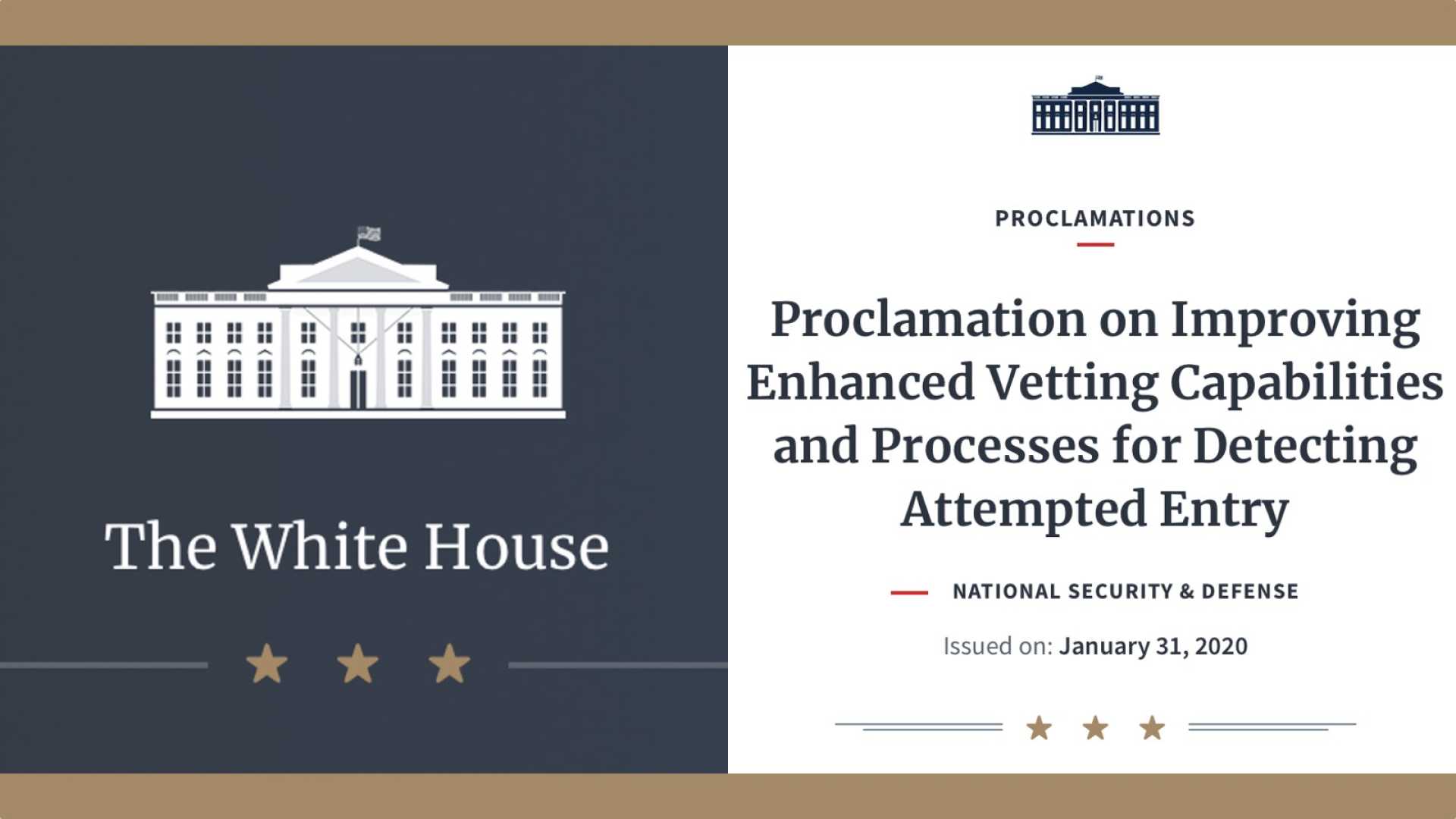News
Trump Bans Entry for Citizens from 19 Countries Amid Security Concerns

Washington, D.C. — President Donald Trump signed a proclamation on Wednesday that bans or restricts the entry of citizens from 19 countries to the United States for security reasons. The proclamation completely bans entry from 12 countries: Afghanistan, Myanmar, Chad, Republic of the Congo, Equatorial Guinea, Eritrea, Haiti, Iran, Libya, Somalia, Sudan, and Yemen.
Entry from seven additional countries, including Burundi, Cuba, Laos, Sierra Leone, Togo, Turkmenistan, and Venezuela, will be partially restricted. Legal permanent residents, visa holders, and certain other categories will be exempt from these restrictions, according to officials.
“President Trump is fulfilling his promise to protect Americans from dangerous foreign actors wanting to enter our country and harm us,” White House spokesperson Abigail Jackson told CBS News. “These common-sense restrictions are tailored to specific countries and include places that lack proper vetting, have high rates of overstaying visas, or don’t share information about identities and threats,” Jackson added.
This is not the first travel ban issued by Trump. The White House statement also referenced a travel restriction the president imposed at the start of his first term in 2017. That ban faced numerous legal challenges and was modified several times before it was upheld by the Supreme Court.
During that time, thousands of travelers, migrants, business visitors, and green card holders found themselves stranded in airports worldwide, often being denied boarding or turned away mid-journey.
Trump’s latest proclamation aims to address national security while highlighting perceived deficiencies in the visa processes of the listed countries. The proclamation notes that the Secretary of State, Marco Rubio, was directed to identify nations that warrant such suspensions due to inadequate processes.
In the case of Cuba, the proclamation cites the country as a state sponsor of terrorism that does not share sufficient law enforcement information with the U.S. Similarly, for Venezuela, the document points out the absence of a competent central authority for issuing passports and civil documents.
The entry ban for affected nations will remain in effect until they rectify these problems, ensuring proper safeguards for U.S. national security.












